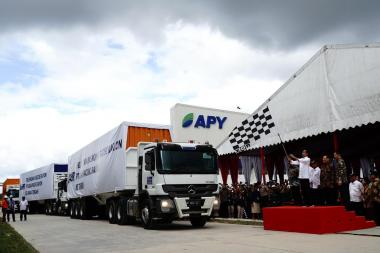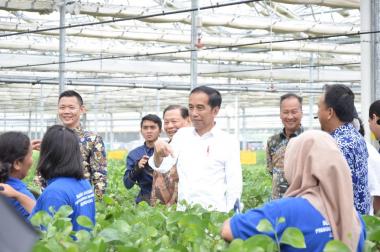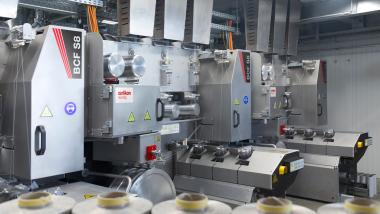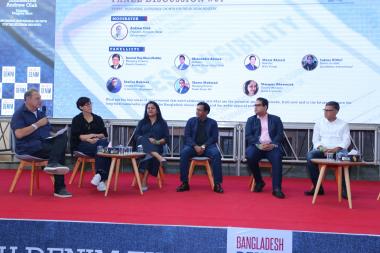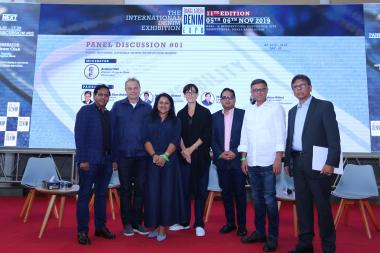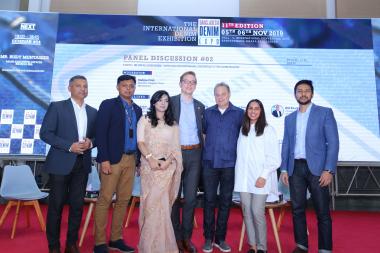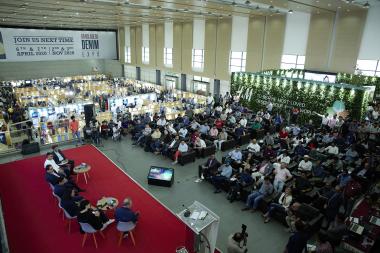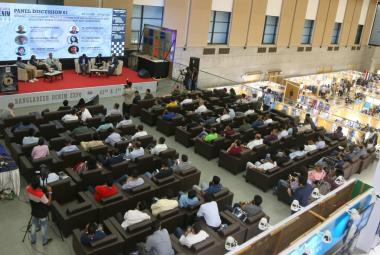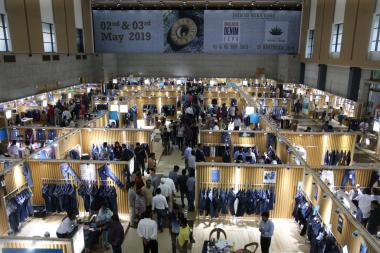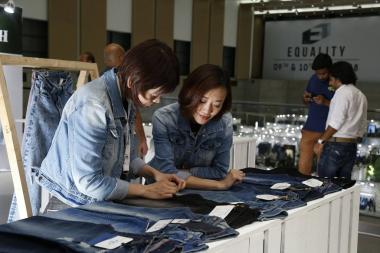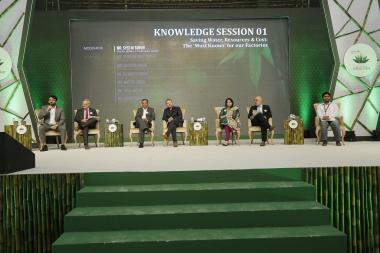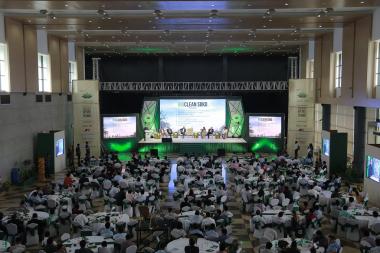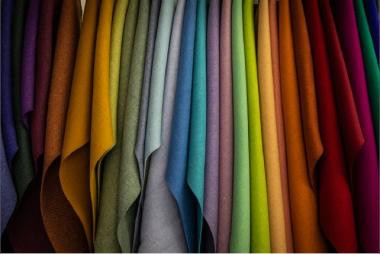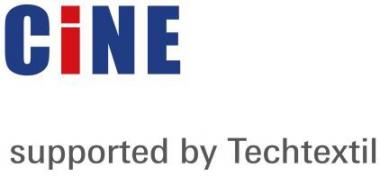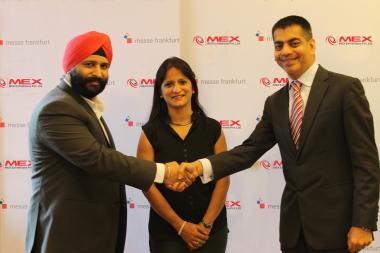NCTO Statement on Administration’s Reported Tariff Deferral
The National Council of Textile Organizations (NCTO), representing the full spectrum of U.S. textiles from fiber through finished products, issued a statement from NCTO President and CEO Kim Glas today in response to the administration’s plan to institute a 90-day deferral on MFN tariffs, as reported by numerous press outlets.
The reported plan being pushed by the importing and retailing industries would defer certain tariffs, including those on finished apparel products. It is an ill-advised policy that will hurt the U.S. textile industry at the very time it is answering the call of the nation to produce medical supplies to battle the coronavirus pandemic.
These unnecessary tariff concessions would benefit importers and retailers at the direct expense of manufacturers on the front lines of the COVID-19 response and send a demoralizing message.
Tariff deferrals would severely exacerbate ramifications for the U.S. economy, manufacturers and workers and open the floodgates for imports.
If the U.S. government makes tariff concessions during this crisis, it will be inviting a virtual tsunami of imports further devastating domestic manufacturing as it attempts to regain its footing.
We urge the administration to abandon any moves to defer tariffs on finished products. It would only serve to allow importers to exploit the current crisis, while dealing a severe blow to U.S. manufacturing and its workers.
NCTO is a Washington, DC-based trade association that represents domestic textile manufacturers, including artificial and synthetic filament and fiber producers.
- U.S. employment in the textile supply chain was 585,240 in 2019.
- The value of shipments for U.S. textiles and apparel was $75.8 billion in 2019.
- U.S. exports of fiber, textiles and apparel were $29.1 billion in 2019.
- Capital expenditures for textile and apparel production totaled $2.5 billion in 2018, the last year for which data is available.
NCTO











